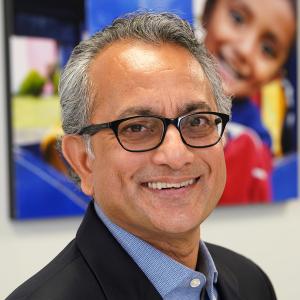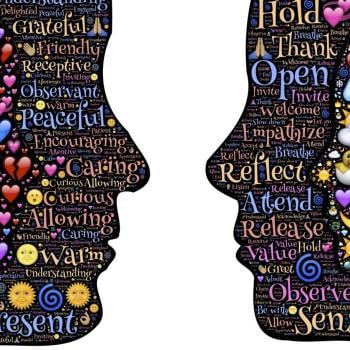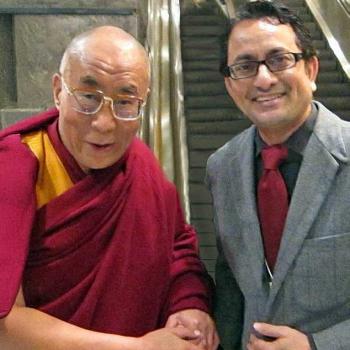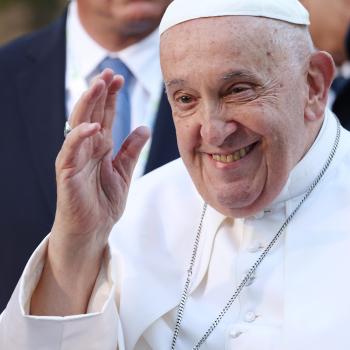Who will succeed the Dalai Lama?
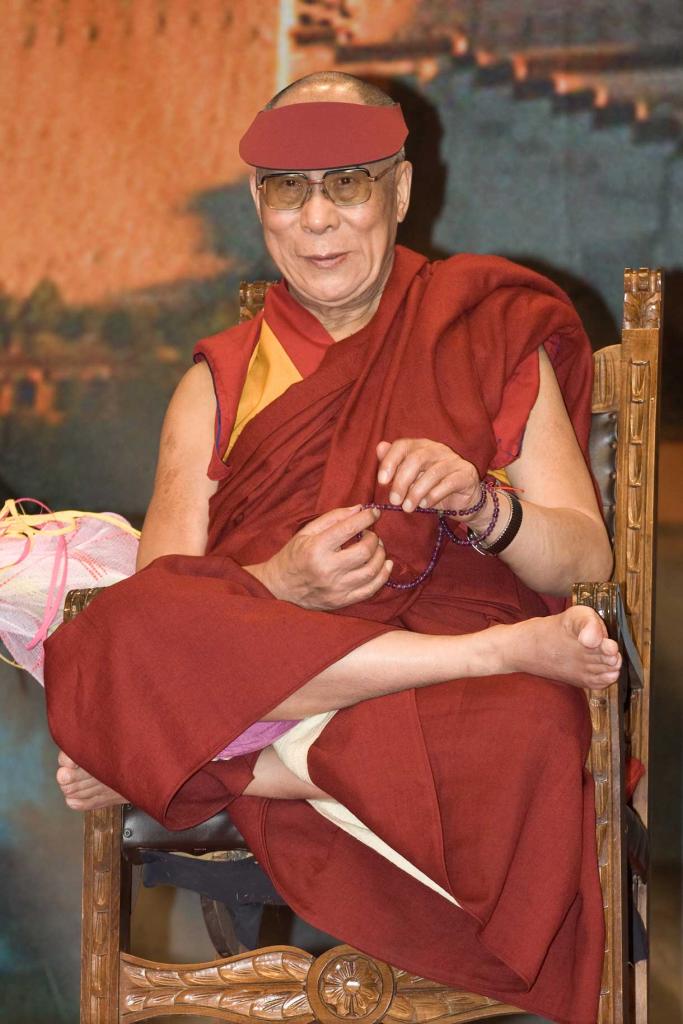
That question has taken on new urgency as the Tibetan spiritual leader celebrated his 90th birthday this year. According to a recent New York Times article, His Holiness reaffirmed that his successor would be chosen through the traditional Tibetan Buddhist process of reincarnation—a deeply spiritual act in an increasingly polarized and political world. At a time when many global leaders seek to consolidate power, the Dalai Lama’s calm clarity stands apart. His plan underscores a legacy not of dominance but of continuity, humility, and trust in ancient wisdom.
As the world marks his milestone birthday, I’ve found myself reflecting on the personal and spiritual impact the Dalai Lama has had on my own life—and how his message continues to guide my work and worldview.
Meeting the Dalai Lama: A Lesson in Quiet Power
In 2011, I had the rare opportunity to meet His Holiness the Dalai Lama in person at the Delhi Dialogue, a gathering organized by Victor Chan, coauthor of two books with the Dalai Lama and founder of the Dalai Lama Center for Peace and Education. This extraordinary event brought together more than fifty thought leaders—from heads of NGOs to artists and government ministers—to engage in dialogue about alleviating poverty and suffering across the Indian subcontinent and Africa. Also in attendance was Dr. Abdul Kalam, the former president of India, alongside figures like eBay founder Pierre Omidyar, actress Ashley Judd, and several senior diplomats.
His Holiness reminded us that all development work—no matter how innovative or data-driven—must begin with compassion. He emphasized the need to respect the dignity of low-income communities, not merely as beneficiaries of aid but as full participants in their own progress. That message changed me. In a field often driven by metrics and urgency, I was reminded that the work of justice and development must begin with deep listening and humble kindness.
On the second day of the conference, I finally had the chance to greet the Dalai Lama personally. I can’t fully express the feeling of that moment. It was akin to my earlier experience meeting Mother Teresa in Kolkata—an overwhelming mix of peace, reverence, and gratitude. His simplicity, his smile, and above all, his sense of shared humanity moved me to my core.
His teachings continued to shape me long after that brief meeting. I began to read more of his writings, especially The Wisdom of Compassion, coauthored with Victor Chan. I was so inspired that I purchased and distributed 100 copies to friends and colleagues. To this day, people still tell me how those pages changed the way they saw compassion—not just as a religious ideal, but as a practical and transformative force in daily life.
One line from His Holiness has stayed with me:
“Kindness has the power to help others in often intangible but impactful ways.”
This message became one of the guiding truths behind my own book, Do More Good, which shares lessons I’ve learned from extraordinary people across the globe.
A Message for the World—Dated December 25
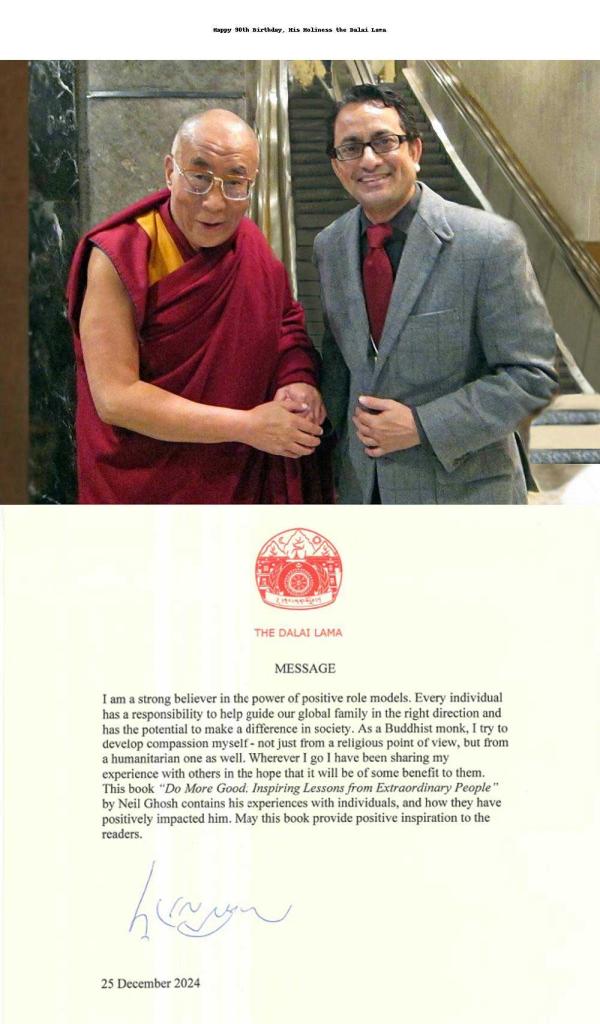
In 2024, as I was finishing Do More Good, I received an extraordinary gift: His Holiness the Dalai Lama graciously agreed to write the foreword. That message—simple, powerful, and timeless—reminded readers that each of us has a responsibility to be a positive role model and to help guide our global family in the right direction.
But what made the gesture even more meaningful to me was the date on which it was signed: December 25, 2024.
For millions around the world, December 25 is a sacred day—the celebration of the birth of Jesus Christ. Whether intentional or not, the fact that His Holiness chose to write this message on Christmas Day felt like a quiet act of interfaith solidarity. It reflected everything he stands for: unity across religious lines, compassion that transcends creed, and the belief that peace begins with understanding.
In a time when divisions—political, racial, and religious—seem to be growing deeper, this message felt like a lifeline. A reminder that the true purpose of faith is not to divide us, but to bring us closer to one another.Practicing His Teachings
Inspired by His Holiness, I’ve tried to embed these lessons into my life and work. In 2024, I launched a column on Patheos titled Building Bridges, which focused on fostering empathy across racial, religious, and national boundaries. His voice echoes through every article I write, and every story I share.
The Dalai Lama once said, “My religion is very simple. My religion is kindness.”
In that spirit, may we all recommit to that most basic of spiritual disciplines—not just on his 90th birthday, but every day. Whether through a warm greeting to a stranger, a respectful conversation with someone who disagrees with us, or an act of service to someone in need, we all have the capacity to live out the values he embodies.
A Final Thought
The question of who will succeed the Dalai Lama remains important. But perhaps the more pressing question is: how can each of us carry forward his legacy?
The answer, I believe, lies not in politics, power, or headlines. It lies in compassion. In action. In choosing kindness, again and again.


